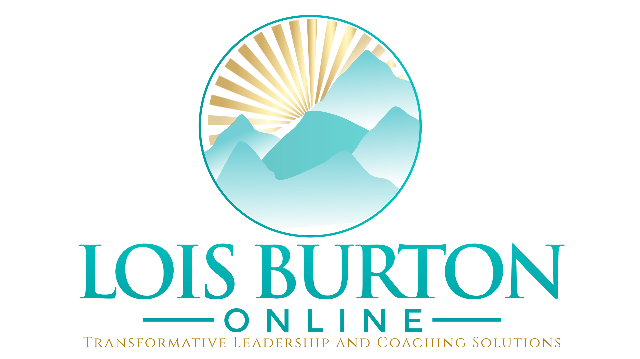Creating Confident Leaders - Staying Abreast of Current Leadership Thinking
Nov 07, 2025
The Critical Importance of Continuous Learning for Today's Leaders
Leadership is evolving at an unprecedented pace. What worked five years ago may be completely ineffective today, and the strategies we're implementing now might be obsolete tomorrow. This reality presents both a challenge and an opportunity for leaders across all industries and sectors. In my 25 years of leadership coaching experience, I've observed a concerning pattern: as leaders ascend to higher positions, they often delegate learning rather than continuing their own educational journey. They approve training budgets for their teams but neglect their own development, postponing it until "things calm down" – a moment that rarely materializes in our fast-paced business environment.
This mindset creates a dangerous leadership gap. The approaches that brought success in the past simply won't address the novel challenges of tomorrow. We witnessed this truth dramatically during the COVID pandemic, when established leadership models were upended overnight. Remote team management, rapidly accelerating digital transformation, and shifting workplace expectations didn't just require minor adjustments – they demanded fundamentally new leadership approaches. One CEO I worked with proudly proclaimed he hadn't read a leadership book in a decade, believing his experience was sufficient. Within six months, his organization was struggling with disengagement, stalled innovation, and talent exodus. Meanwhile, another leader who prioritized regular reading, podcast listening, and continuous learning was successfully revitalizing a previously struggling organization. The contrast couldn't be clearer – experience without evolution becomes obsolescence in today's leadership landscape.
The science of leadership is advancing rapidly, with breakthrough research in emotional intelligence, adaptive leadership, positive psychology, and team dynamics emerging constantly. These aren't abstract academic concepts; they're practical frameworks that can transform how we lead. When leaders remain disconnected from these developments, they risk becoming organizational bottlenecks rather than catalysts for growth. Consider that your team members are likely engaged in continuous learning through articles, podcasts, and online courses. If you're not keeping pace, how can you effectively guide their development and harness their potential? The common objection I hear from busy executives is time scarcity – they're already working 70+ hour weeks and can't imagine adding another commitment. Yet this is precisely backward thinking. The more operational demands you face, the more you need fresh perspectives and innovative approaches to work smarter, not harder.
I recently worked with Sarah, a managing director drowning in a 70-hour workweek and constant firefighting. We implemented what I call the "1% Solution" – just 15 minutes daily dedicated to leadership thinking. Initially skeptical, within three months she had discovered new approaches to delegation that freed up two hours daily, learned about psychological safety principles that transformed her team dynamics, and applied organizational change theories that streamlined a major transformation project. Her modest 15-minute daily investment yielded approximately 10 hours of reclaimed time weekly – a remarkable 4,000% return. While not everyone will see identical results, the principle holds true across leadership contexts: strategic learning creates compound returns on time investment.

Implementing continuous learning doesn't require dramatic lifestyle changes. Start with micro-learning habits integrated into existing routines – listening to leadership podcasts during commutes or reading an article with morning coffee. Connect your learning directly to current challenges to ensure immediate relevance and application. Join learning communities through professional associations or online groups to accelerate growth through shared insights. Teach what you learn by sharing discoveries with your team, which reinforces your understanding while creating a learning culture. Finally, schedule learning time in your calendar and protect it as vigilantly as you would a key stakeholder meeting – because it is precisely that: an investment in your future leadership effectiveness. When leaders commit to staying current with leadership thinking, the benefits extend far beyond personal development. Fresh perspectives spark team innovation, questions become more insightful, solutions more creative, and influence expands through genuine value rather than positional authority. In a world of constantly shifting horizons, the moment you stop moving forward is the moment you start falling behind.
Stay connected with news and updates!
Join our mailing list to receive the latest news and updates from our team.
Don't worry, your information will not be shared.
We hate SPAM. We will never sell your information, for any reason.

